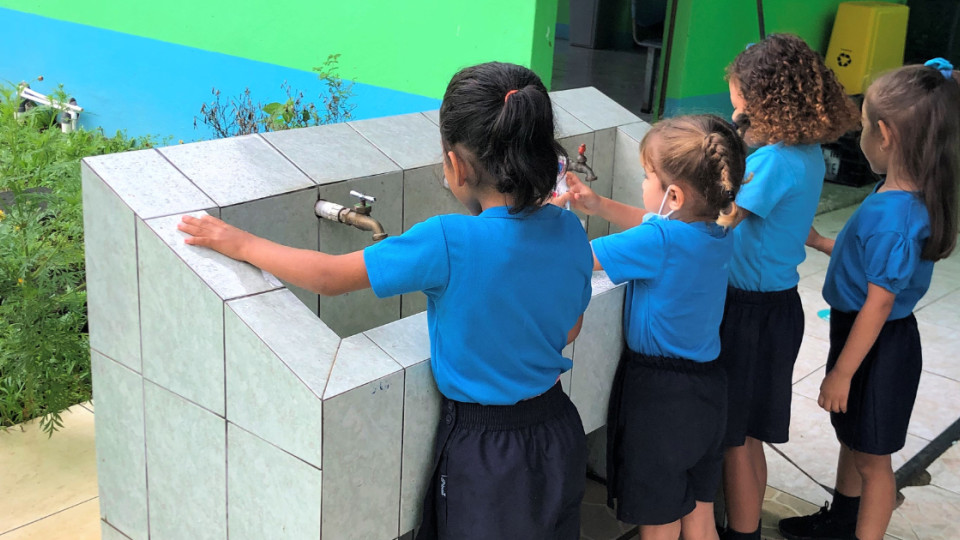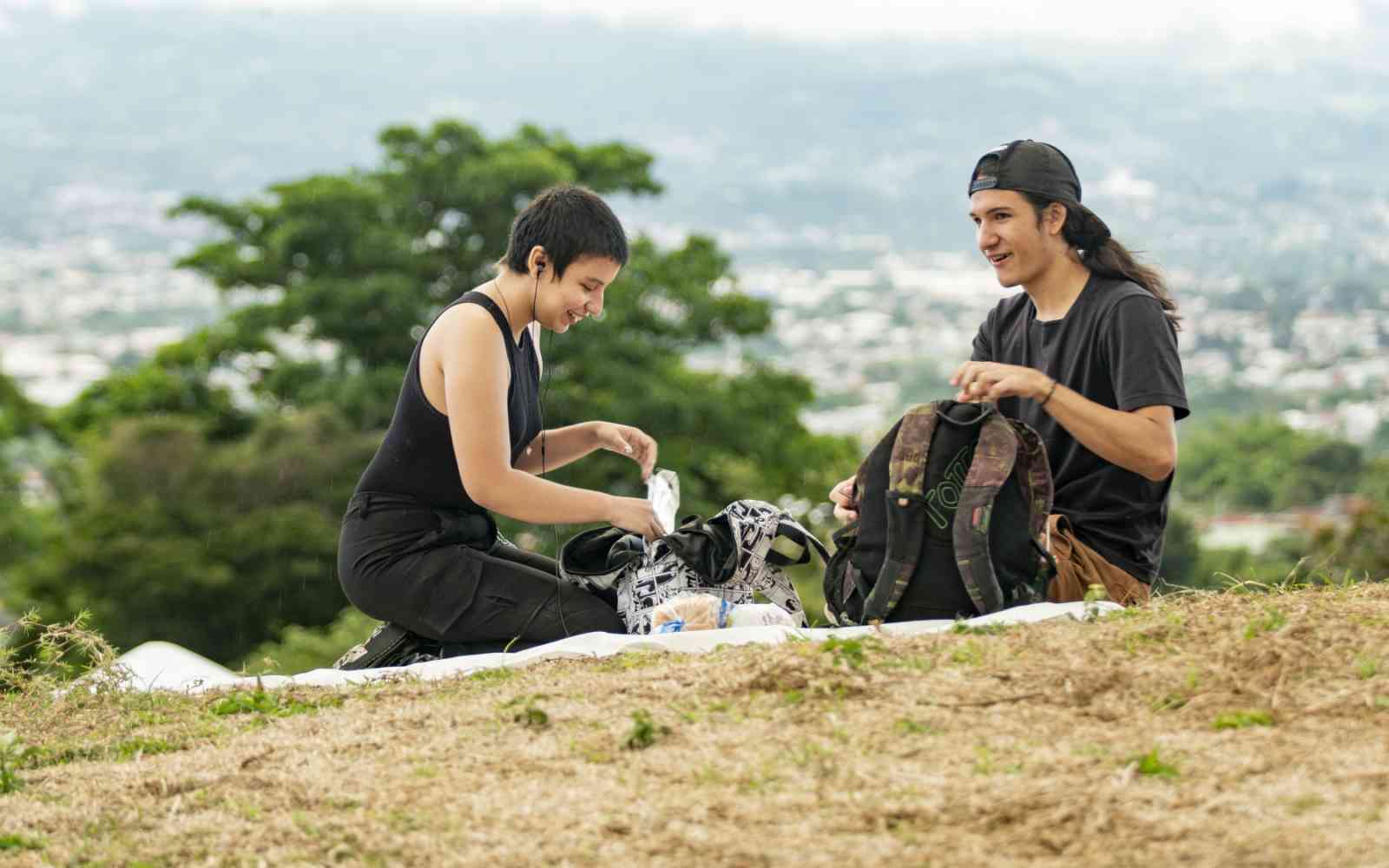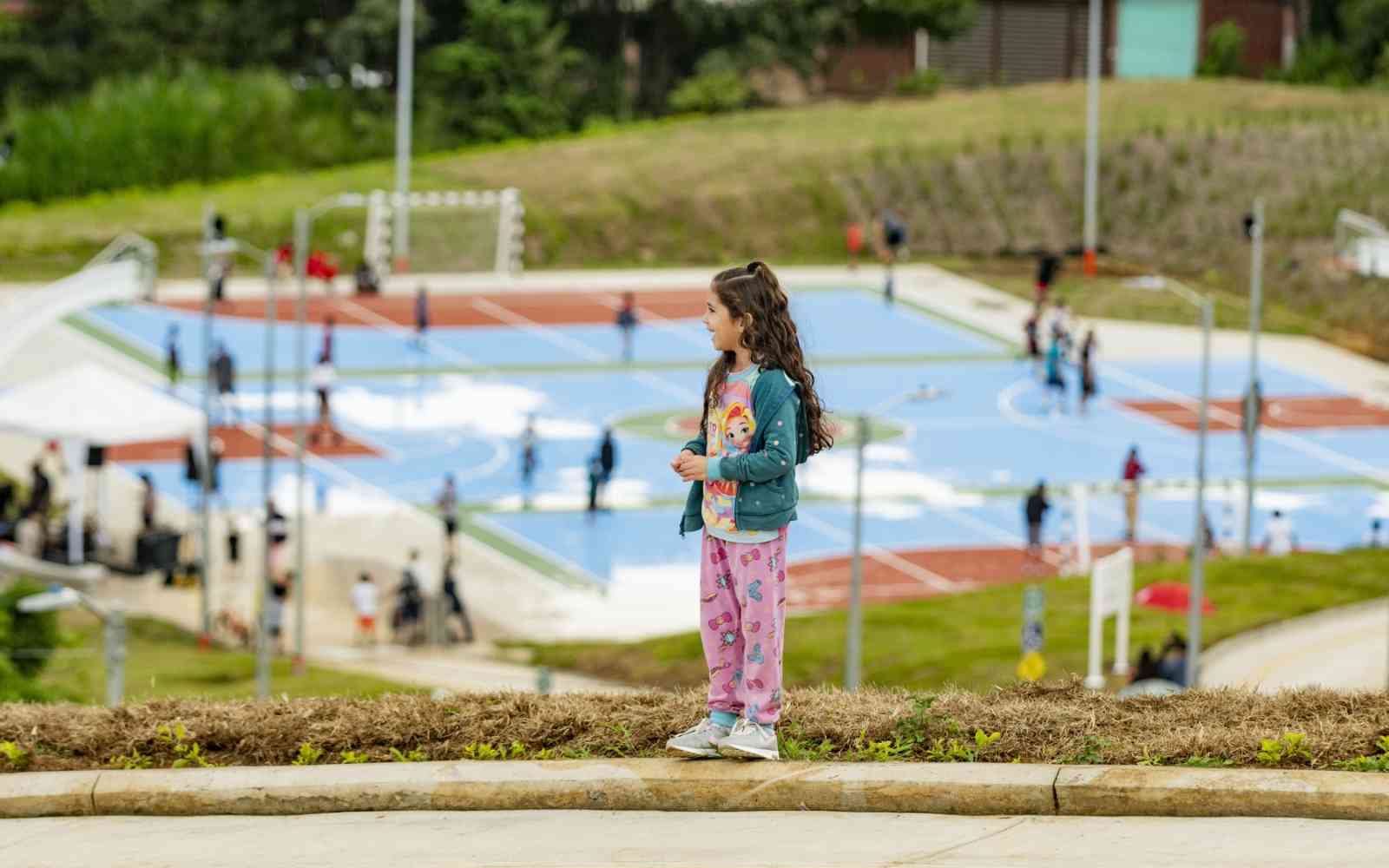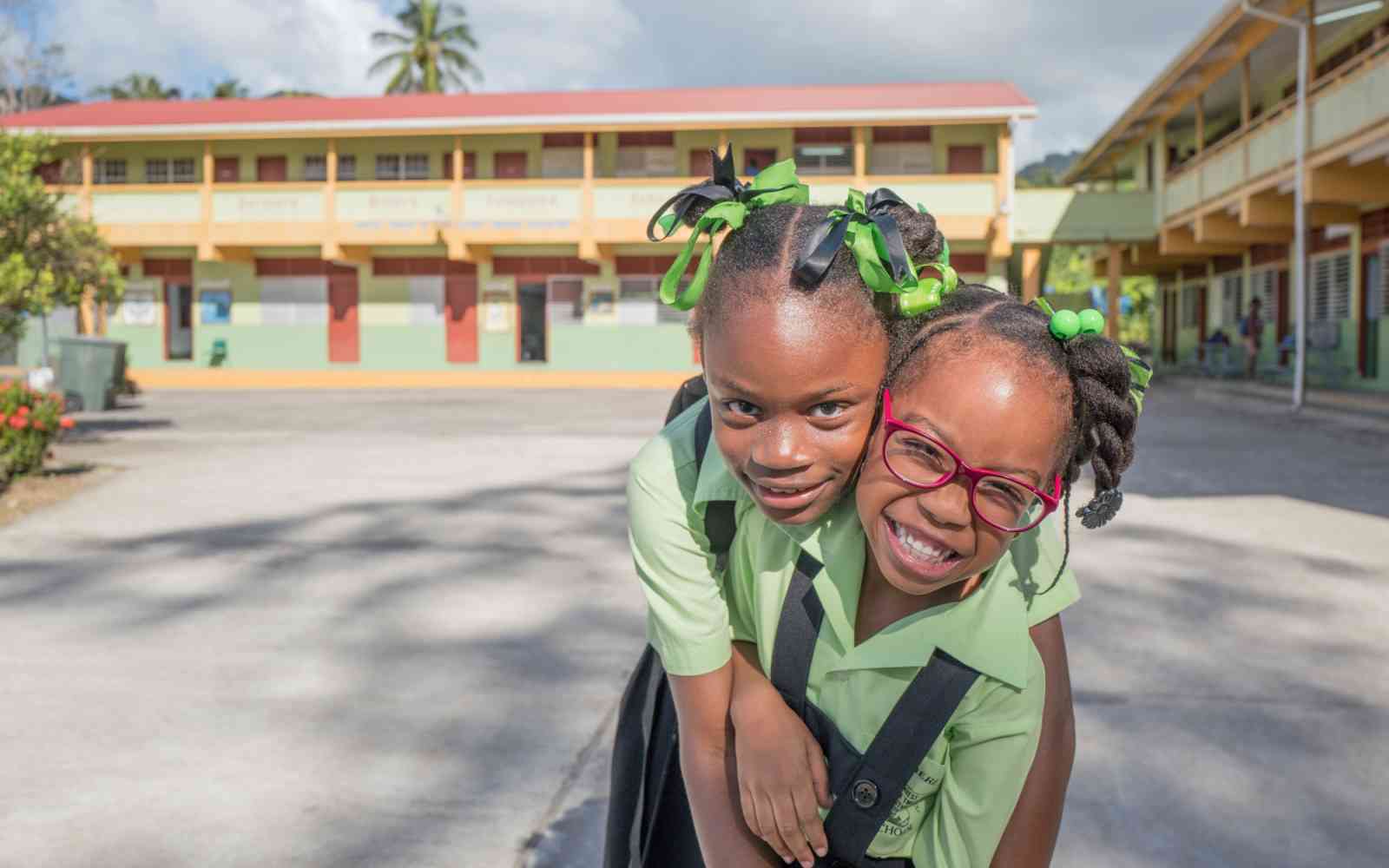The United Nations Office for Project Services (UNOPS)
Improving access to safe water and sanitation in Costa Rican schools
School children living in vulnerable communities in Costa Rica will benefit from improved access to essential services thanks to a project implemented in partnership with the Ministry of Public Education and UNICEF.
In Costa Rica, many schools lack access to water, sanitation and hygiene services. In more vulnerable areas, services don’t meet the needs of entire communitiess.
As part of a pilot project, UNOPS is helping to improve access to basic services in 11 schools in the area between Cariari and Barra del Colorado in Costa Rica’s Limón Province. The schools were identified based on a range of factors including low-income living conditions, number of migrants, level of need for humanitarian assistance and climate change vulnerability.
This initiative will not only bring water, hygiene and health to educational centres, but also hope for children and families who aspire for new opportunities and a better present, and future, thanks to education.
“Access to clean water and environmental sanitation is an essential right that contributes significantly to the fulfillment of the right to quality education and the inclusion of populations that are in especially vulnerable conditions,” said Ms. Portela de Souza.
UNOPS provided technical advice to UNICEF and the Ministry of Public Education to identify service issues and designed resilient hydro-sanitation infrastructure solutions for the schools.
Together with UNICEF, UNOPS further helped develop and implement a methodology to prioritize schools, focusing on those with a high student population and where opportunities to use resources efficiently were available. Local contractors have been hired to begin implementing the improvements in 11 schools.
“The safe provision of water, sanitation and hygiene is essential in the return to school in the context of the COVID-19 pandemic,” said Alejandro Rossi, UNOPS Representative in Costa Rica.
“In addition to immediately improving educational infrastructure in these first 11 centres – and generating the lessons learned to apply them to more educational centres in the prioritized area and in the rest of the country – we’re helping provide optimal conditions for students so they remain in the educational system,” he added.
Funded by UNICEF and the U.S. Department of State’s Bureau of Population, Refugees and Migration, the project is helping to reduce inequalities and enhance access to quality education.
"We must take a step forward in terms of educational infrastructure and we cannot do it alone,” said Sofía Ramírez González, Administrative Vice Minister at the Ministry of Public Education.
“Alliances are required [...] in order to guarantee the population's access to drinking water, and jointly, ensure that students can stay in the classroom and have the necessary elements to receive a quality education,” she added.













